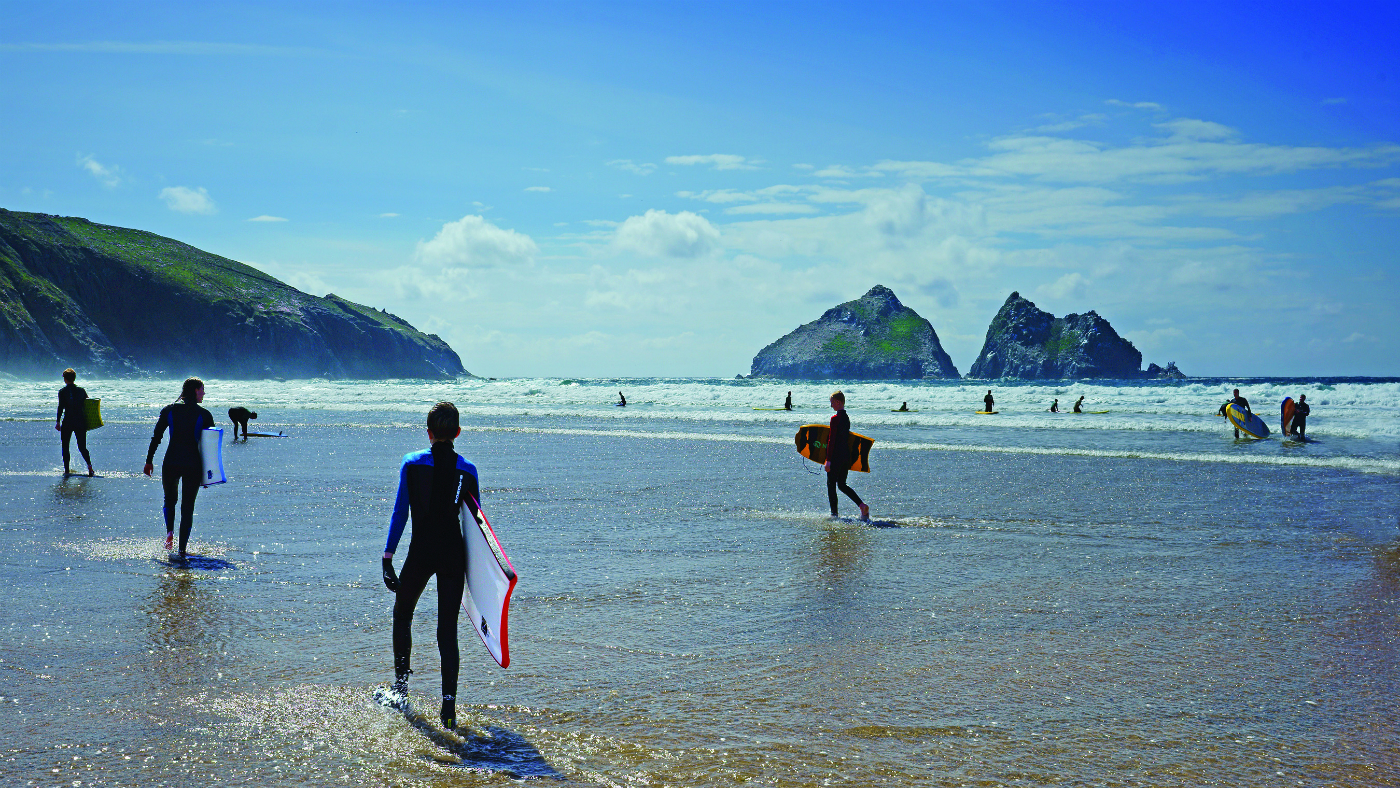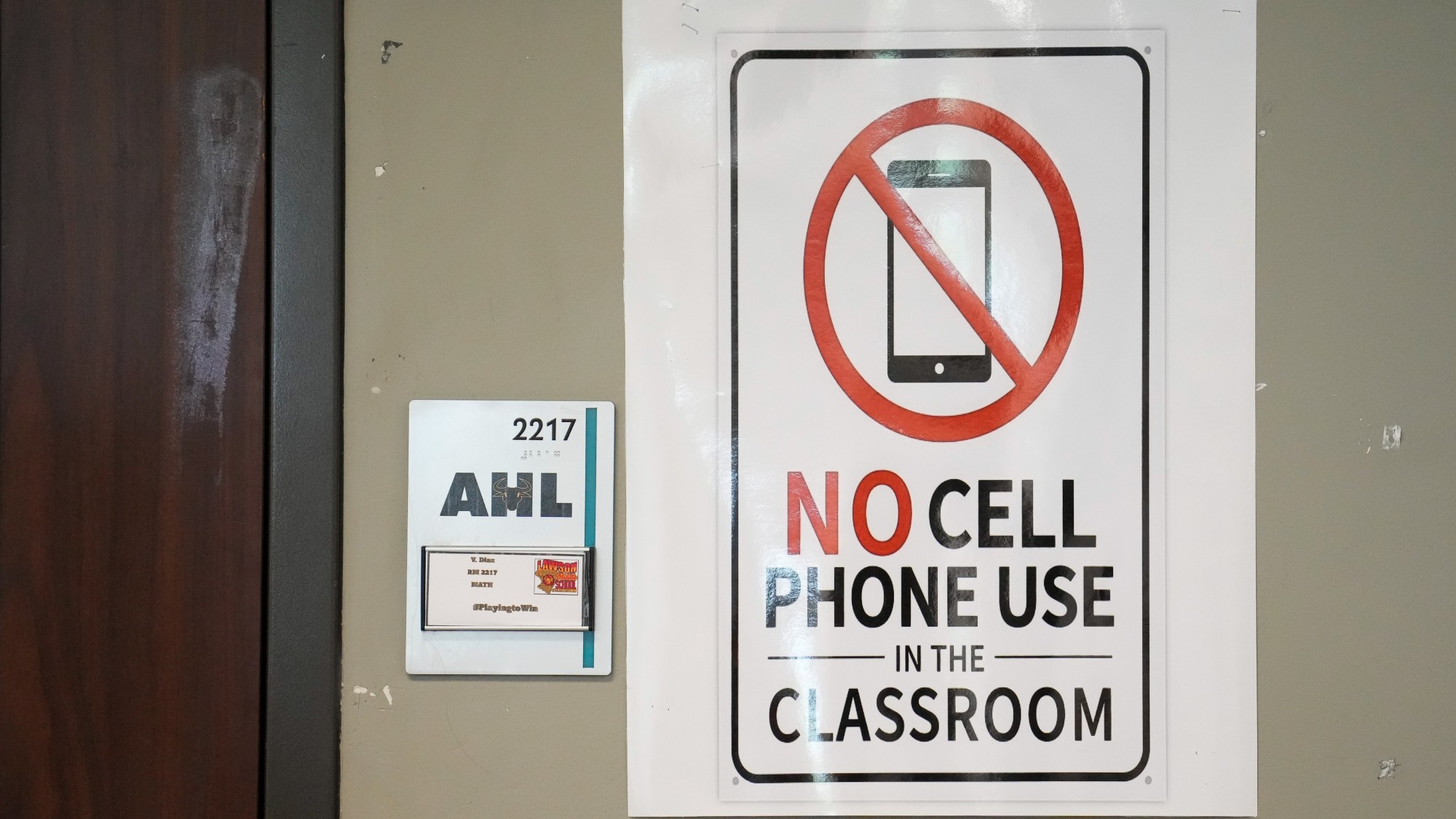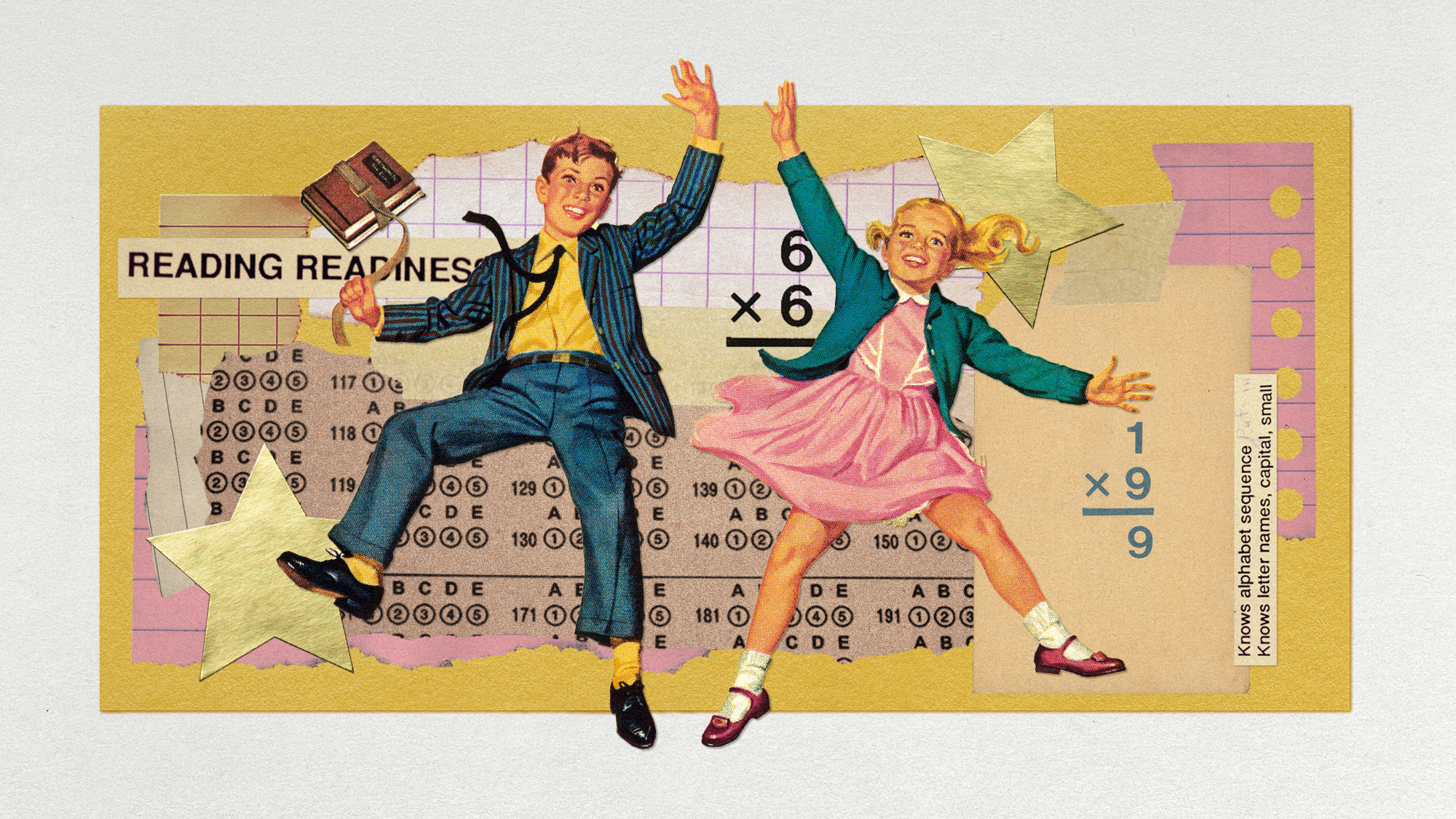Sport psychology in schools
School sport can help pupils deal with pressure and stress

A free daily email with the biggest news stories of the day – and the best features from TheWeek.com
You are now subscribed
Your newsletter sign-up was successful
We’re familiar with the role of the sport psychologist in high profile professional sports such as football and tennis, but can psychology bring tangible benefits to school sports?
Iain Simpson, director of sport at Oakham, a co-ed day and boarding school in Rutland, is convinced it can.
“Sport psychology is not an add-on or an extra and it’s not just for the elite players,” he says. “In fact the benefits reach way beyond the pitch.”
The Week
Escape your echo chamber. Get the facts behind the news, plus analysis from multiple perspectives.

Sign up for The Week's Free Newsletters
From our morning news briefing to a weekly Good News Newsletter, get the best of The Week delivered directly to your inbox.
From our morning news briefing to a weekly Good News Newsletter, get the best of The Week delivered directly to your inbox.
For instance, sport psychology provides strategies for coping under pressure and dealing with stress. “We use scenarios,” says Mr Simpson.
“Pupils play fiveminute matches. We ask them to pretend it’s the last five minutes and their team is losing. What would they do? The experience helps them to understand how important it is to stay in the moment; the five-minute deadline means there’s no time to think about what might go wrong.”
Such cognitive exercises are now used in other areas of school life. Teaching staff take sport strategies and make them applicable to their own subject.
Oakham’s music department has recognised that qualities such as commitment, developing positive behaviour and the effectiveness of quality practice are equally relevant to learning an instrument.
A free daily email with the biggest news stories of the day – and the best features from TheWeek.com
A number of Oakham’s pupils are on national sports pathways linked to professional clubs.
School sports coaches also work closely with these clubs to bring the latest innovations in training and development back to the school.
“We ask ourselves, what do these behaviours look like at different levels – from an elite player to a 12-year-old footballer?” says Mr Simpson.
“Sport psychology is not about outcome. It’s about skills and behaviour.”
The weird and wonderful world of school sport
The pupils of Lewes Old Grammar School may, or may not, be able to take up gliding, but there are plenty of other ancient and modern sporting traditions going strong at independent schools, from the Eton Wall Game to Winkies (Winchester College’s own version of football).
At Rossall School on the Lancashire coast, pupils play RossHockey, a kind of hockey/ rugby mash-up on the beach next to the school, while all pupils at Dauntsey’s in Wiltshire get the chance to crew a century-old tall ship called the Jolie Brise (winner of the first Fastnet Race in 1925).
Truro School makes the most of its Cornish location and offers surfing, coasteering, sailing and snorkelling on the timetable.
Windermere School in Cumbria has its own water sports centre, two boathouses and a private beach and is the only school in the country to hold RYA British Youth Sailing Recognised Club status.
At Westminster Under School, a prep school in central London, the urban landscape lends itself to parkour, where the aim is to get from one point to another as fast and efficiently as possible in a complicated environment.
-
 How to Get to Heaven from Belfast: a ‘highly entertaining ride’
How to Get to Heaven from Belfast: a ‘highly entertaining ride’The Week Recommends Mystery-comedy from the creator of Derry Girls should be ‘your new binge-watch’
-
 The 8 best TV shows of the 1960s
The 8 best TV shows of the 1960sThe standout shows of this decade take viewers from outer space to the Wild West
-
 Microdramas are booming
Microdramas are boomingUnder the radar Scroll to watch a whole movie
-
 The pros and cons of banning cellphones in classrooms
The pros and cons of banning cellphones in classroomsPros and cons The devices could be major distractions
-
 School phone bans: Why they're spreading
School phone bans: Why they're spreadingFeature 17 states are imposing all-day phone bans in schools
-
 Schools: The return of a dreaded fitness test
Schools: The return of a dreaded fitness testFeature Donald Trump is bringing the Presidential Fitness Test back to classrooms nationwide
-
 Send reforms: government's battle over special educational needs
Send reforms: government's battle over special educational needsThe Explainer Current system in 'crisis' but parents fear overhaul will leave many young people behind
-
 Education: Can public schools be religious?
Education: Can public schools be religious?Feature A Supreme Court seems ready to rule in favor of religious charter schools in Oklahoma, which could reshape public education
-
 America's academic brain drain has begun
America's academic brain drain has begunIN THE SPOTLIGHT As the Trump administration targets universities and teachers, educators are eying greener academic pastures elsewhere — and other nations are starting to take notice
-
 Schools' Send crisis: how can it be fixed?
Schools' Send crisis: how can it be fixed?Today's Big Question Government urged to reform support for children with special educational needs and disabilities and save councils from bankruptcy
-
 Unschooling: the radical education trend raising eyebrows
Unschooling: the radical education trend raising eyebrowsUnder the radar Some parents are letting their children lead their education